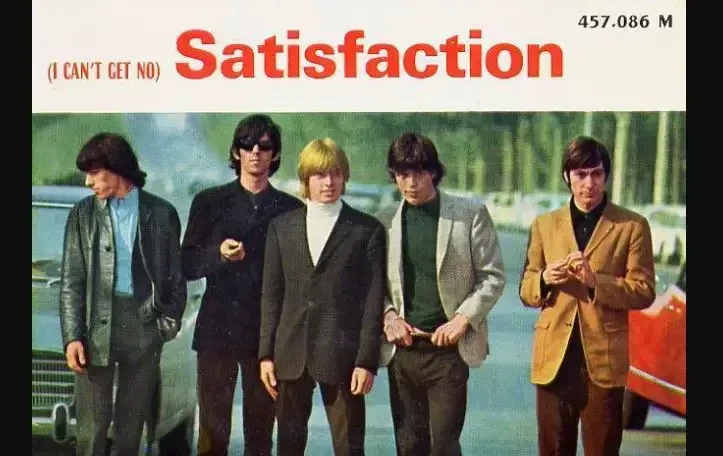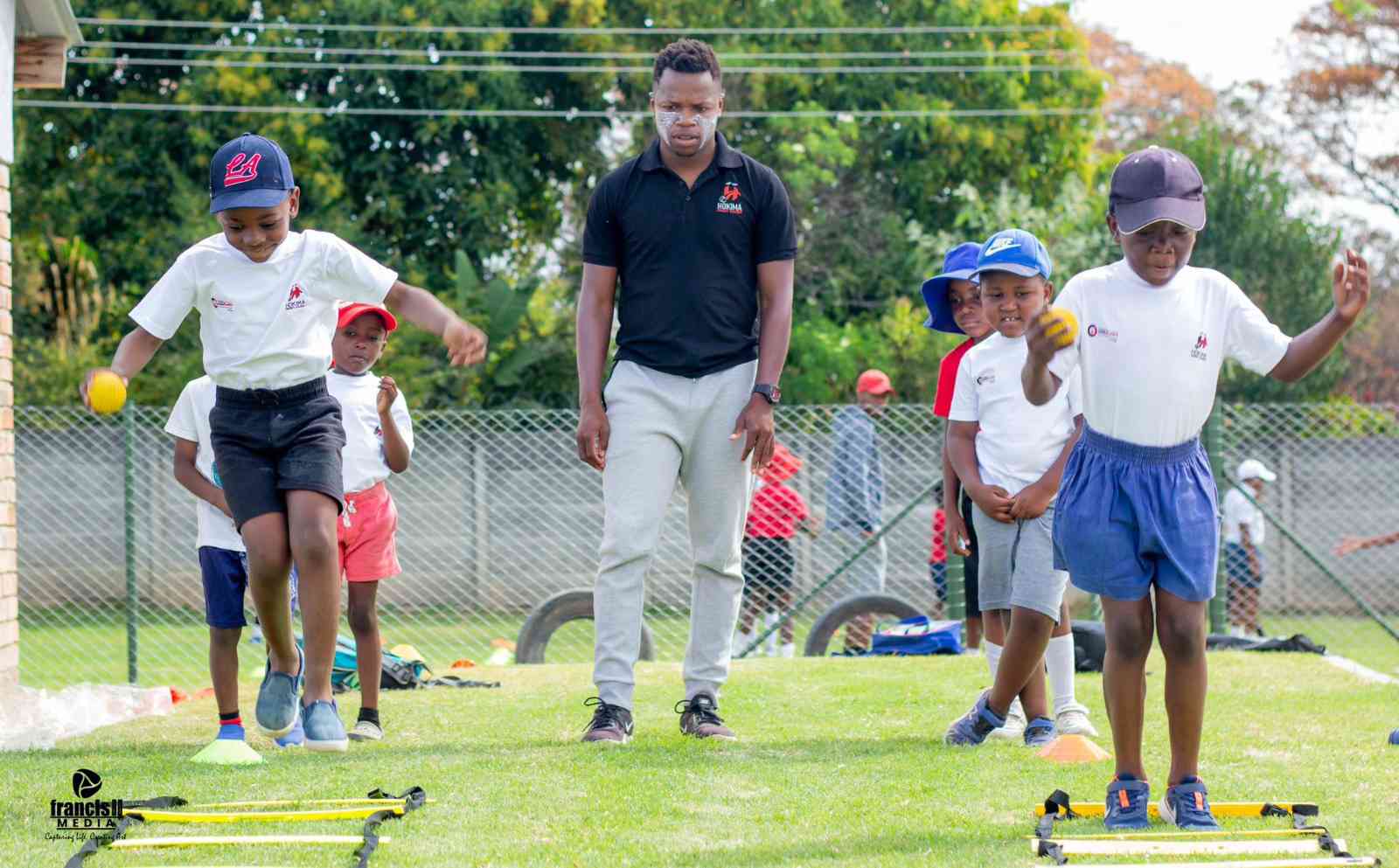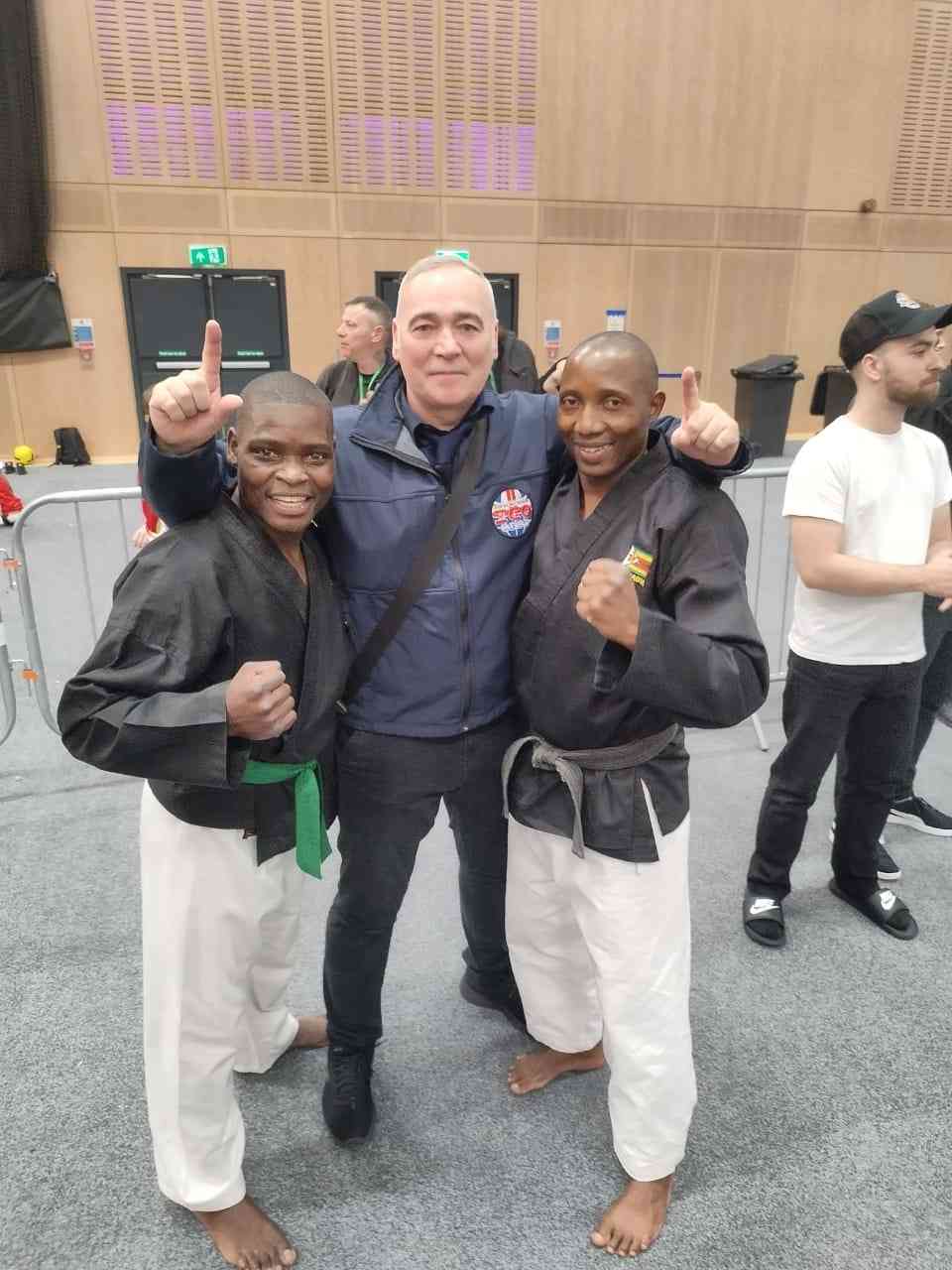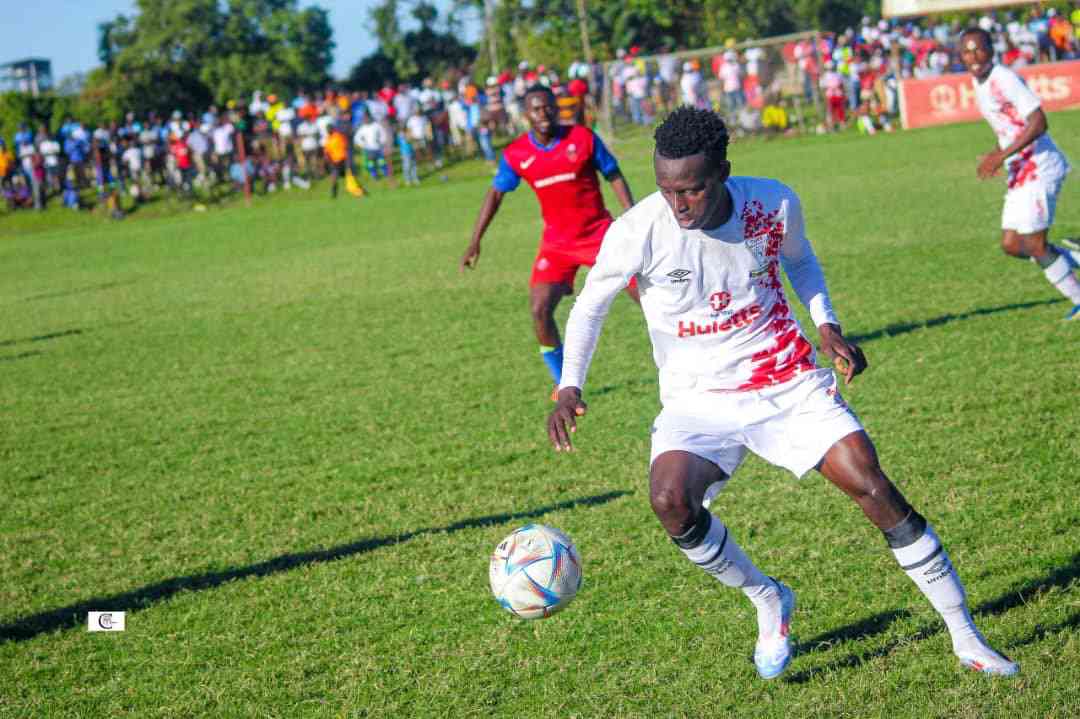
THERE is a very old and familiar proverb that says, “a rolling stone gathers no moss”; it has always been seen to refer to people who are unwilling to settle in one place for any length of time, suggesting that they will never accumulate any real benefit.
They seem to be looking for something but never find it; they are trying to go somewhere but never get there. They lack satisfaction.
Then there is the not-quite-so-old but well-known worldwide magazine called ‘Rolling Stone’ which addresses many different issues regarding popular culture, often provocatively.
It is interesting (or maybe just coincidental!) that in the magazine’s 2004 and 2010 lists of the ‘500 Greatest Hits of All Time’, Bob Dylan’s song ‘Like a Rolling Stone’ was number one and the Rolling Stones’ hit ‘I Can’t Get No Satisfaction’ was Number 2.
Dylan’s song has been described as about “the loss of innocence and the harshness of experience” but in effect it had the same theme as the Rolling Stones’ hit with its cry that “I try, and I try, and I try, and I try. I can't get no, I can't get no” - satisfaction. Both hits were recorded in 1965 but they remain popular today almost sixty years later, for the simple reason, it would appear, that people are still searching for that satisfaction.
The same is very true in sport. Millions of people are hoping every day to find that satisfaction through sport, be it in playing, coaching or watching sport. The blunt reality is that few find it. Some find it for a short while but rarely does it last. As coaches and parents who are introducing our children to sport, are we helping our children to find that satisfaction in sport? Are we indeed able to do so? In short, it could be summed up in this way: can we be content in a contest, where one person or team wins and the other does not? Are we even content to contend?
This follows on, to a certain extent, from a previous article where we proposed that we must see any contest in context. If we take any contest out of its context, we will never be content. The greatest lesson in life, as in sport, is to learn to be content in all situations. The very simple reason that we are not content with sport is that we focus purely on results, on achievement; the high of a win or selection will be followed by the low of a loss or a substitution. We are looking for the destination but never get there. How then can we assist our youngsters to find that satisfaction, that contentment? As the Western author Louis L’Amour put it: “The trail is the thing, not the end of the trail. Travel too fast, and you miss all you are traveling for.”
As we find at the front of a book the list of contents (that is, what will follow in the book), so the content of our sporting input is what will help them be content. We have referred previously (in an article “Being Com-par-ative is not the Answer”) to Jim Collins who wrote in his book 'Built to Last' that, “Comparison, a great teacher told me, is the cardinal sin of modern life. It traps us in a game we can't win. Once we define ourselves in terms of others, we lose the freedom to shape our own lives.”
- School of sport: I CAN’T GET NO SATISFACTION!
- Harry Belafonte, singer, actor and tireless activist, dies aged 96
- In the groove: It's raining champagne confetti for some musicians
- Nyambi in key appointment at Rolling Stone Africa
Keep Reading
Yet how often do we as coaches compare the players in our team, and the team to previous years or to other schools? How often have we heard parents ask their child, “Why can’t you be like your sister?” What good is that and how will that bring contentment, to anyone?
We have argued too that comparison, secondly, enslaves us in a cycle we cannot escape; we just go round and round in circles, going nowhere.
Thirdly it engages us in traits that cannot help, in particular for the individual as a player and person as well as the team as a unit (where individual players within the team will compare and rank themselves, in their own minds at least, with the other players in the same team). And lastly comparison entices us into attitudes that cannot grow; as long as we can compare ourselves favourably to someone else, we feel we have arrived.
We have to help our children to be content by seeing equal value in lessons being learned from winning and losing, by recognising that their worth as a person does not depend on the result of a game or a league.
The real message we should be putting across to our children is that the contest is not about conquest but about being content – and that was a lesson this writer learned while playing in a schools’ hockey festival in the Netherlands many years ago with the Rolling Stones’ music blaring out over the loudspeakers throughout - contentment! We can get satisfaction. Try.
Tim Middleton is a former international hockey player and headmaster, currently serving as the Executive Director of the Association of Trust Schools Email: [email protected]










